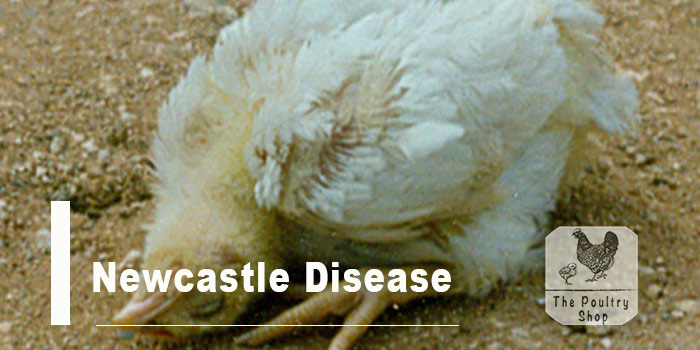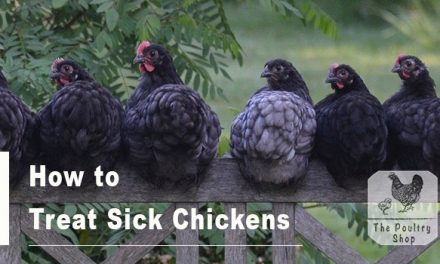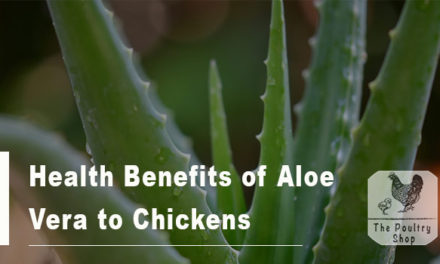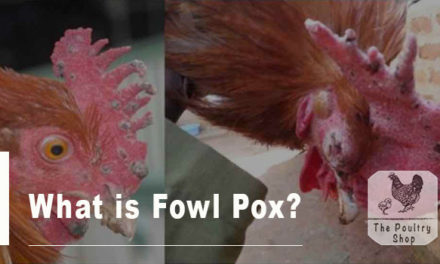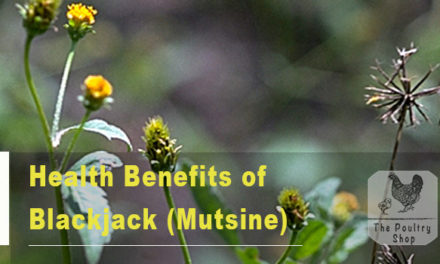Newcastle disease (ND) is a highly contagious viral disease that affects chickens starting from approximately 16 days of age.
Usually all members of the flock become infected within 2 to 6 days, but can be up to 15 to 21 days. Newcastle is one of the deadliest disease with a possibility to wipe off the whole flock within 72hours.
In Zimbabwe, ND is a reportable disease, meaning that if you suspect that your chickens have this disease, by law you need to report it to your nearest veterinarian. Failure to do so is a criminal offence.
Symptoms of Newcastle Disease in Chickens
The following signs can help you diagnose if your birds have been infected with ND:
- Twisted neck
- Head shaking
- Muscle spasms
- Convulsions
- Uncoordinated walk and movements
- Lack of balance and stumbling
- Unusually high mortalities/deaths
- Head tremors
- Reduced appetite
- Breathing challenges – gasping
- Sneezing
- Nasal and eye discharge
- Reduced egg production
- Fluffed up feathers
- Partial or complete leg or wing paralysis
- Falling off perch
- Diarrhoea sometimes with blood
- Production of thin-shelled eggs in hens
However, a clinical test by a qualified veterinarian is the best way to verify if indeed your birds have been infected with ND. Whenever you suspect a Newcastle outbreak in your flock, its always best to report to your nearest veterinarian.
How is Newcastle spread?
Newcastle is spread by infected birds shedding the virus in their droppings, body fluids and eggs. The disease is prevalent during the rainy season just like coccidiosis, fowl pox and fowl cholera.
How to treat Newcastle disease
As always with viral diseases, there is no treatment for ND. However, natural herbs such as neem and aloe vera can help. Mixing donkey dung with drinking water for chickens may help to reduce mortalities.
How to prevent Newcastle
- Follow the vaccination schedule religiously.
- Always buy chicks from reputable suppliers who vaccinate chicks from the hatchery.
- Practice proper biosecurity.
- Avoid bringing birds from outside whose vaccination schedule you are not fully aware of
Disclaimer: Information in this article does not substitute advice from your local veterinarian. Whilst great effort is taken to ensure accuracy of information in this article, no responsibility can be accepted for any loss or injury incurred due to error or omission.
Did you find this article helpful? Leave a comment below or subscribe to my free Email Newsletter and also like The Poultry Shop Facebook page. Thanks!
